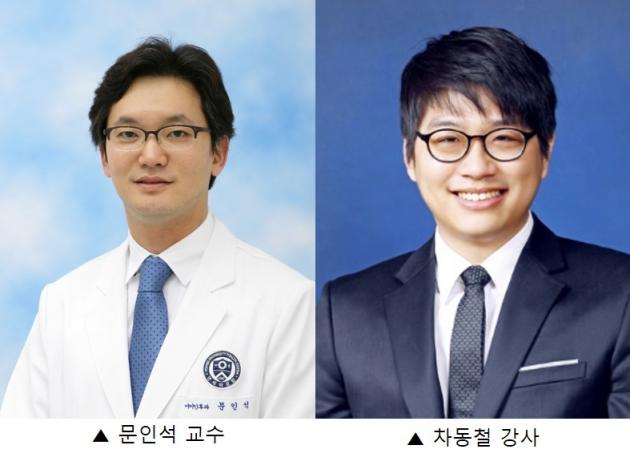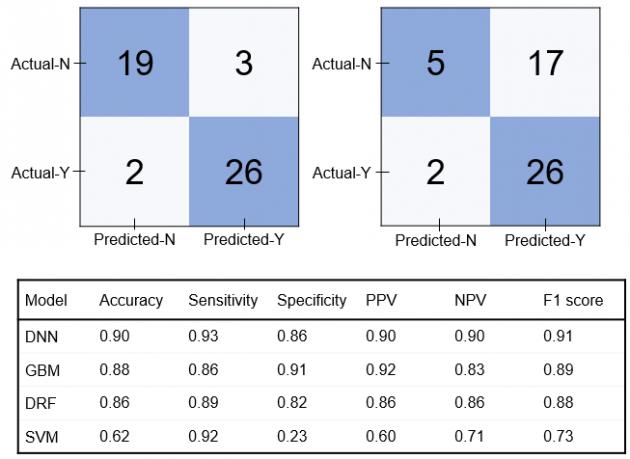A Yonsei University College of Medicine research team said Tuesday that it has designed a system to predict whether patients can preserve hearing function after receiving acoustic tumor surgery.
The research team anticipates more effective post-surgical treatments will be available for each patient by predicting the result after surgery. The study was published in the latest issue of Scientific Reports, a science citation index (SCI)-grade journal, with an impact factor of 4.01.

The acoustic neuroma is a brain nerve tumor that develops in the auditory, vestibular nerve and grows toward the cerebellum. The disease comes with various symptoms, including decreased hearing ability, difficulty in hearing and dizziness, by pressing the auditory nerve and can significantly reduce the quality of life. If the tumor continues to grow and worsens the condition, it can lead to a severe disability by causing pressure on the brain stem.
Surgery and gamma knife treatment have been used to treat acoustic neuromas. Recently, minimally invasive treatment using an endoscope has been attempted. As the origin of the tumor is the auditory nerve, however, medical providers cannot assure the preservation of hearing function even after they removed the tumor successfully.
The research team, led by Professors Moon In-seok and Cha Dong-chul, analyzed data from 50 patients who took post-surgical preservation therapy for hearing among the 317 who underwent operation between 2007 and 2017. Based on the data, the researchers designed a system that can predict whether the patients' hearing is preserved or not.
It could do so by inputting data such as pre-operative hearing tests, equilibrium function tests, and the pre-operative tumor size, location, hearing, and dizziness obtained by magnetic resonance imaging, and surgical methods selected by the attending physician.

The research team also developed a system with various models based on support vector machines, random forests, boosting, and deep learning. The deep learning model showed a 90 percent match in predicting the preservation of hearing after surgery.
The most important factors for predicting the results were the patient's word recognition score, the degree of proximal vestibular asymmetry, and the size of the tumor, and in that order.
By using the predictive model designed in the study, it becomes possible to predict the chances of preserving the patient's hearing before surgery and consult the patient for accurate results to determine the most effective customized treatment method, the team said in a press release.
If the prediction result says that preservation of hearing is impossible after surgery, medical providers can set up various measures, such as simultaneously considering auditory implant surgery to restore hearing along with tumor removal, or postponing the operation until the tumor harms the brain.
"The development of the predictive model will allow us to predict the prognosis of each patient and provide tailored treatment,” Professor Moon said. “The medical community has broadly used machine learning in the medical industry in recent years, and doctors can make much more accurate predictions than conventional predictions using this method."

